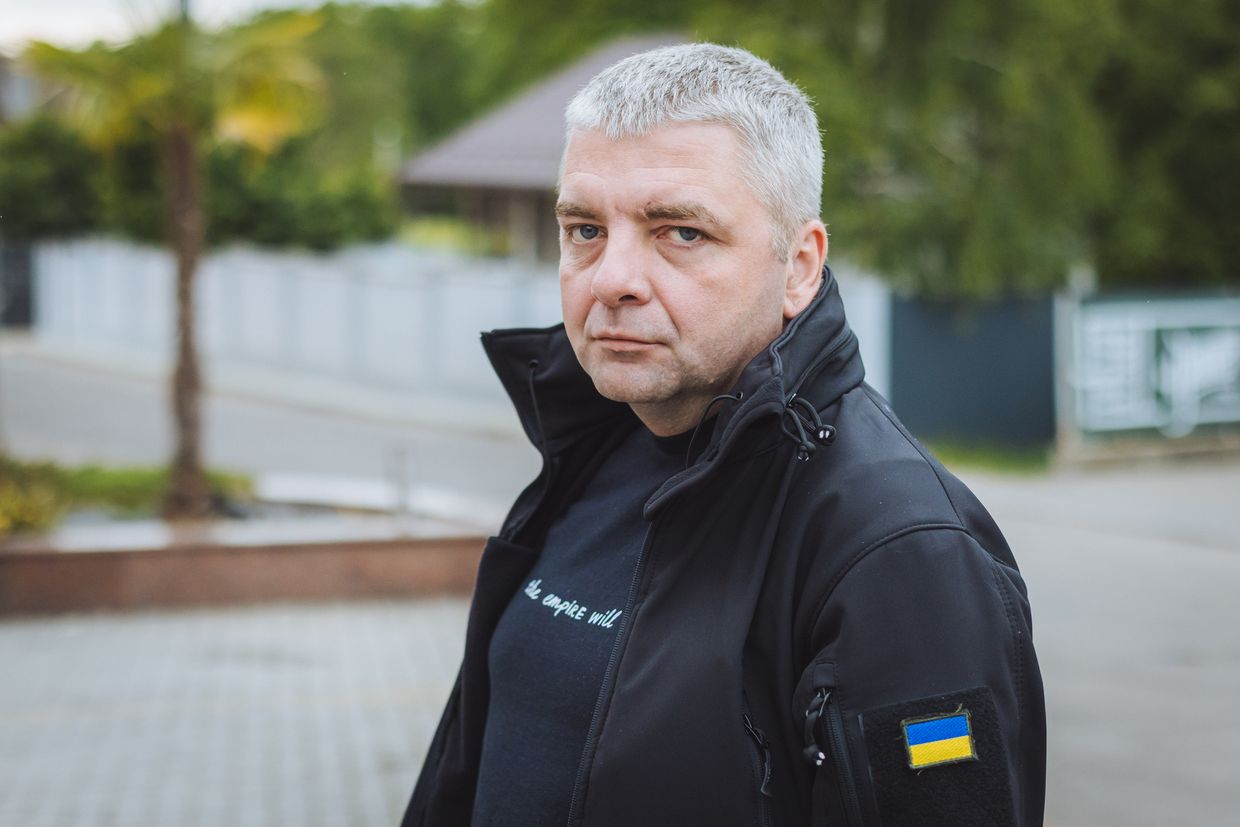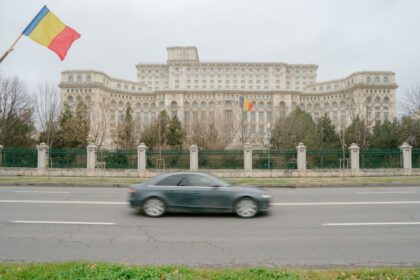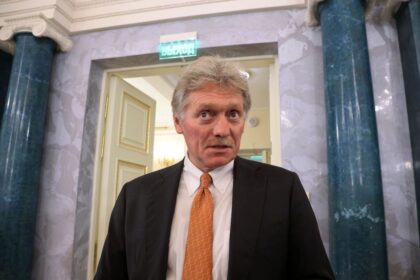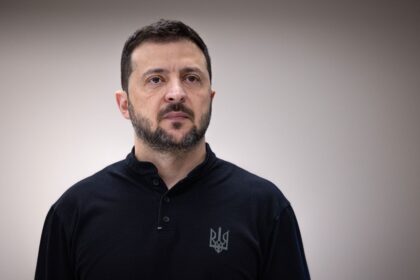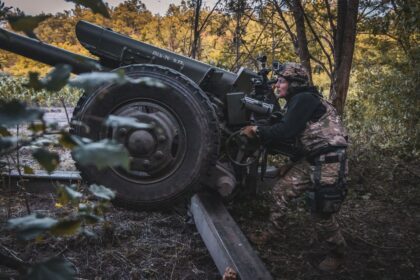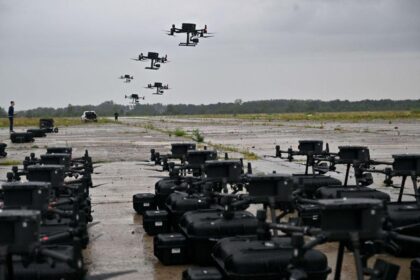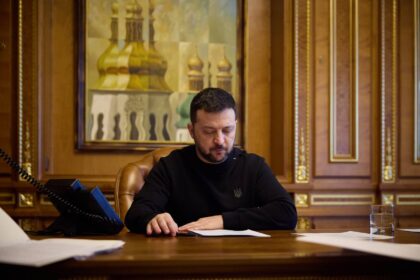**A Lonely Experience: The Unseen Toll of War**
A Ukrainian serviceman, recently released from Russian captivity during a prisoner exchange, was seen embracing his loved one in an undisclosed location. His story, however, is not just one of joy and reunion but also of a profound loneliness that can only be understood by those who have experienced it.
Maksym Butkevych, a Ukrainian journalist and human rights activist, shares his harrowing tale of being held captive for 28 months in Russian-occupied Ukraine. He was captured along with half of his platoon during the early days of Russia’s full-scale invasion in 2022. The experience had a profound impact on him, not just physically but also emotionally.
Butkevych recounts how their captors deliberately tried to break them morally, psychologically, and physically by isolating them from the outside world. They were told that they were abandoned, forgotten, and at the mercy of their captors. However, Butkevych remained steadfast in his faith in the people who cared for him, including his loved ones, friends, and colleagues.
The loneliness he felt after his release was different, however. It wasn’t about being isolated but rather a complex sense of disconnection from those around him. He realized that his experience had changed him, and he now saw the world through different eyes.
As he traveled across Europe, Butkevych felt a deep longing to share his story with others. However, he also understood that his experience was unique, and not everyone could comprehend what he had gone through. This realization only made him feel more isolated, as if he was carrying a burden that no one else could bear.
Butkevych’s story is a powerful reminder of the unseen toll of war on those who are forced to live through it. The experience of being a prisoner of war or civilian detainee leaves an indelible mark on individuals, making them feel like they are living in a world that is not their own.
In his article, Butkevych writes about the importance of understanding and empathy towards those who have been affected by war. He hopes that by sharing his story, he can help others understand the complexities of war and its impact on human beings.
As we read through Butkevych’s article, we are reminded of the importance of supporting those who have been affected by war. His story is a testament to the resilience of the human spirit and the need for compassion and understanding in times of conflict.
**The Unseen Toll of War**
Butkevych’s experience highlights the unseen toll of war on individuals and communities. The physical and emotional scars of war can be deep and long-lasting, affecting not just those who are directly involved but also their families and friends.
As we reflect on Butkevych’s story, we are reminded of the importance of supporting those who have been affected by war. This support can take many forms, including providing aid to affected communities, promoting empathy and understanding towards those who have been impacted, and advocating for peace and reconciliation.
By sharing stories like Maksym Butkevych’s, we can help create a more compassionate and empathetic society that values human life and dignity above all else. His story is a powerful reminder of the importance of understanding and support in times of conflict.
**Conclusion**
Maksym Butkevych’s article is a poignant reminder of the unseen toll of war on individuals and communities. His experience as a prisoner of war has left an indelible mark on him, making him feel like he is living in a world that is not his own.
As we read through his story, we are reminded of the importance of understanding and empathy towards those who have been affected by war. Butkevych’s hope is that by sharing his experience, he can help others understand the complexities of war and its impact on human beings.
His article is a testament to the resilience of the human spirit and the need for compassion and understanding in times of conflict. As we move forward, let us remember the importance of supporting those who have been affected by war and advocating for peace and reconciliation.
**Editor’s Note**
The opinions expressed in this article are those of the author and do not necessarily reflect the views of the Kyiv Independent. The article is based on a real-life story, but some details may have been modified to protect the identity of individuals involved.




